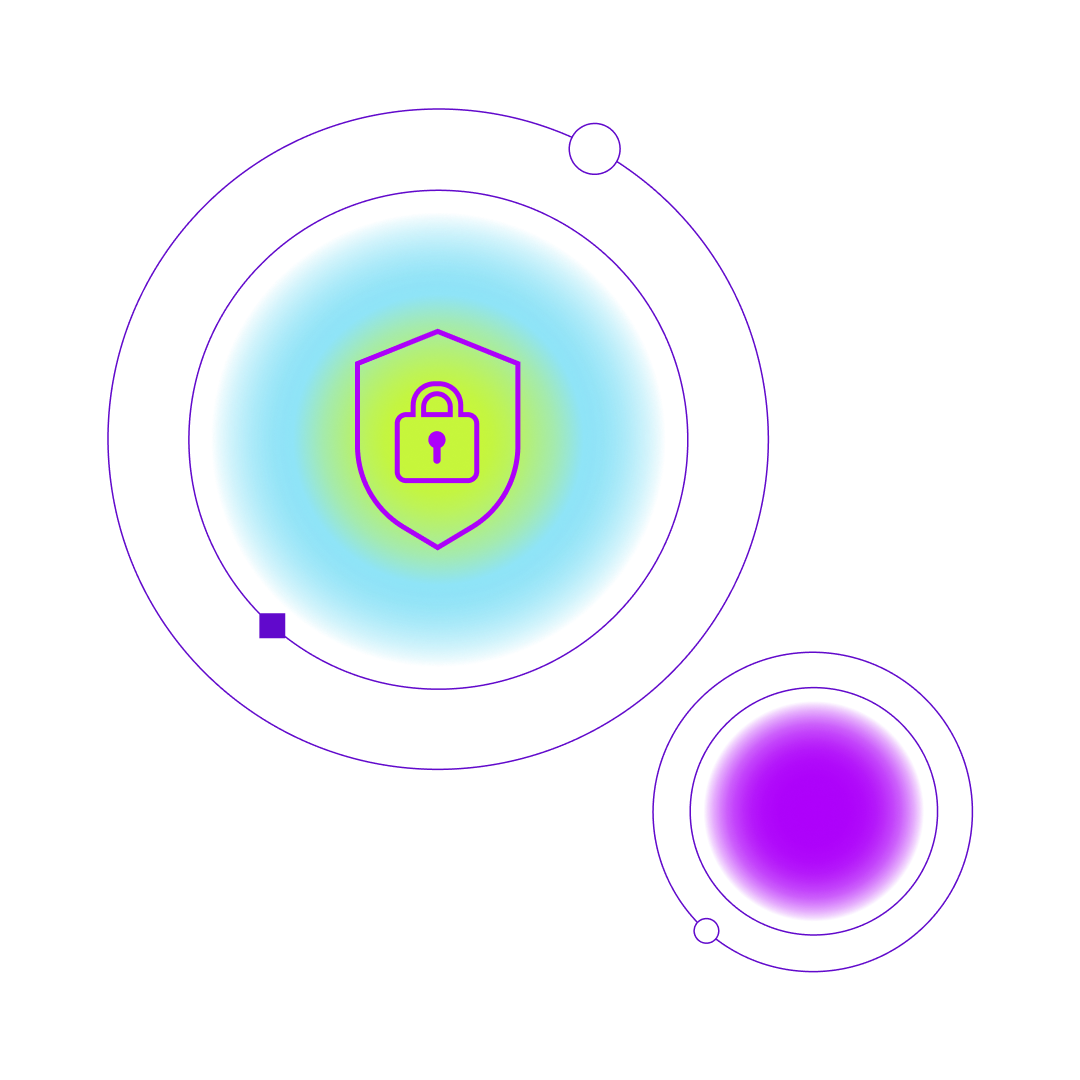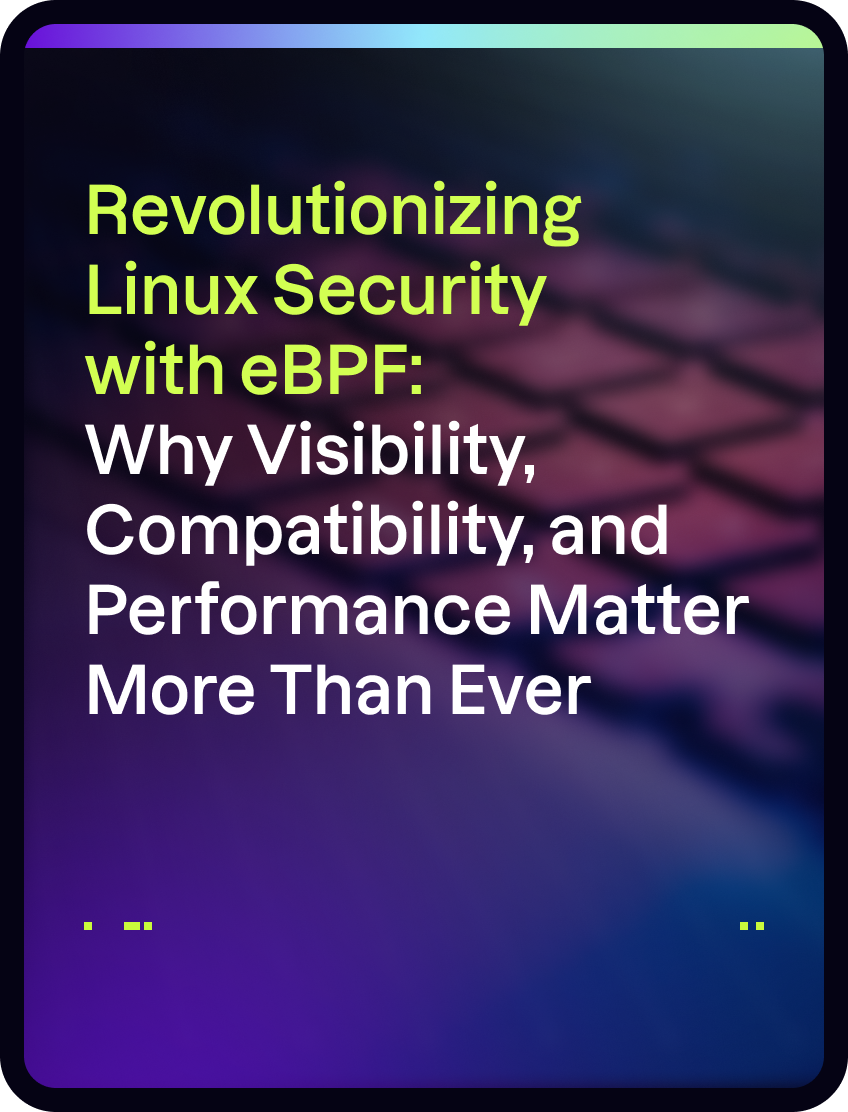Trusted by


What is eBPF?
eBPF (extended Berkeley Packet Filter) is revolutionizing Linux security by enabling safe, high-performance observability directly in the kernel. Unlike fragile kernel modules or performance-heavy Audit frameworks, eBPF allows security teams to monitor system calls, file activity, and network behavior in real time, with minimal overhead. Uptycs leverages eBPF to provide deep visibility, broad compatibility, and enterprise-scale performance for securing modern Linux environments.

eBPF by the Numbers: Visibility, Compatibility, Performance
Telemetry Reduction
Uptycs reduces telemetry volume by up to 95% before data exits the kernel, lowering overhead without losing visibility.
Kernel Support
Supports Linux kernel versions from 3.10 and above, ensuring broad compatibility across enterprise environments.
CPU Architectures
Provides native support for Intel, AMD, ARM64, IBM POWER, and s390x architectures with a single lightweight binary.
Revealed: The Biggest Threats to Your Cloud Workloads
Key Insights and Takeaways
The Critical Need for Advanced Linux Endpoint Security
Learn why legacy tools fall short in securing Linux workloads across containers, HPC clusters, and AI infrastructure.
eBPF: A Revolutionary Approach to Linux Security
Understand how eBPF unlocks safe, high-performance telemetry and real-time attack detection at the kernel level.
The Uptycs Advantage: eBPF Security Redefined
See how Uptycs delivers deep context, universal compatibility, and enterprise-scale performance with a single binary.



Key Insights and Takeaways
The Critical Need for Advanced Linux Endpoint Security
Learn why legacy tools fall short in securing Linux workloads across containers, HPC clusters, and AI infrastructure.
.png)
eBPF: A Revolutionary Approach to Linux Security
Understand how eBPF unlocks safe, high-performance telemetry and real-time attack detection at the kernel level.
.png)
The Uptycs Advantage: eBPF Security Redefined
See how Uptycs delivers deep context, universal compatibility, and enterprise-scale performance with a single binary.
.png)
Key Linux Security Capabilities Powered by eBPF
Our Customer Experience team is always on-hand to help fine-tune and optimize your strategy to improve efficiency and maximize your investment.
Reconstruct process lineage, container details, and runtime vulnerability exposure in real time.
One lightweight binary works across all major Linux distributions, kernels, and architectures — no custom builds needed.
In-kernel filtering reduces telemetry volume by up to 95%, delivering high-fidelity insights without taxing system resources.
“Pharmaceuticals, hospitals, healthcare, public companies, organizations that don’t have the talent and skills to defend themselves - they’re getting sucker- punched.”
“Uptycs contextualizes threat activity across K8s, cloud services, and laptops. We've dramatically shortened our threat investigation time.”

